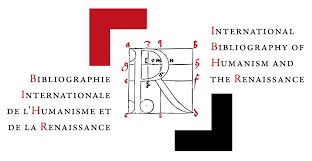The capabilities of realism: Some reflections on the “new” novel of Lajos Mesterházy
DOI:
https://doi.org/10.31168/2073-5731.2020.3-4.4.06Keywords:
Realism, Hungarian literature, MesterházyAbstract
The realism as a basic principle to reflect on and to understand the reality, incorporates the achievements from many epochs of the development of literature, adding a philosophical, analytical approach, irony, conventionality and fiction. The effectiveness of realism has been convincingly demonstrated by most national literatures of the 20th century, among them the literatures that by tradition have not been in the focus of general attention. One of the undisputed peaks of realistic literature of the 20th century is the novel of the Hungarian writer Lajos Mesterházy “The Riddle of Prometheus” (1973), which can be used as an example to show almost all the strengths of realism. This novel is the peak of the creative path of the Hungarian writer. Recently his first and unpublished novel “The Pancake Day” (1943) was discovered, in which one can already see the features of his future skill. When reading this rather voluminous book that still shows some immaturity, one cannot help noticing the features that attest his inborn talent, but most importantly, the humanist nature of his worldview. He does not only sympathize with the poor, but also strives to uncover the roots of evil that dominates in the modern social order and to lead the readers’ thought into a constructive direction.
For citation
Gusev Yu. P. The capabilities of realism: Some reflections on the “new” novel of Lajos Mesterházy // Slavic Almanac. 2020. Issues 3–4. P. 399–411. DOI: 10.31168/2073-5731.2020.3-4.4.06






